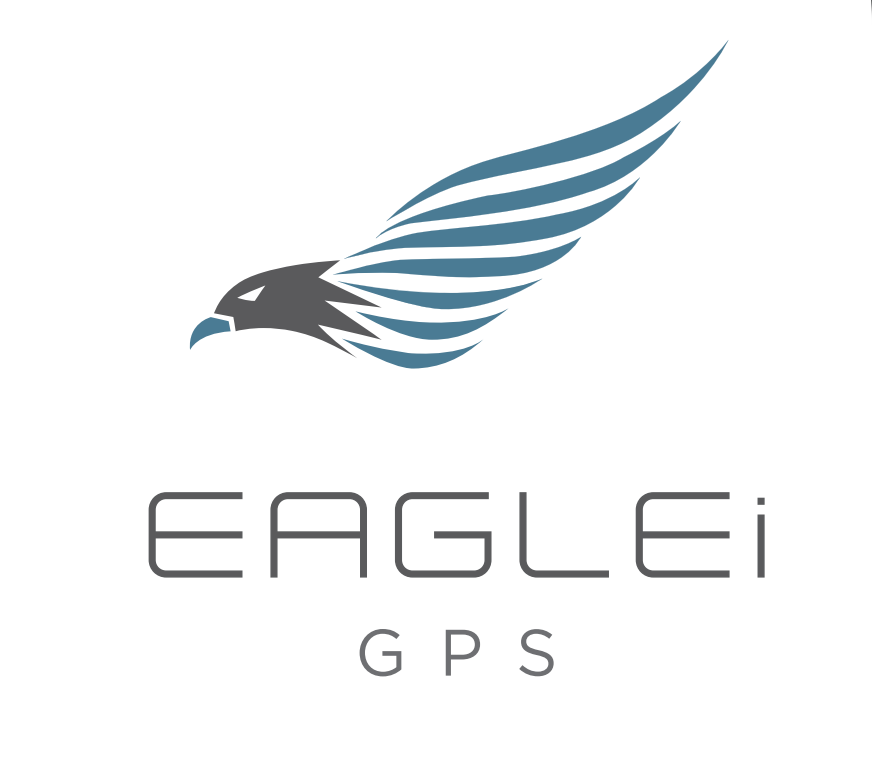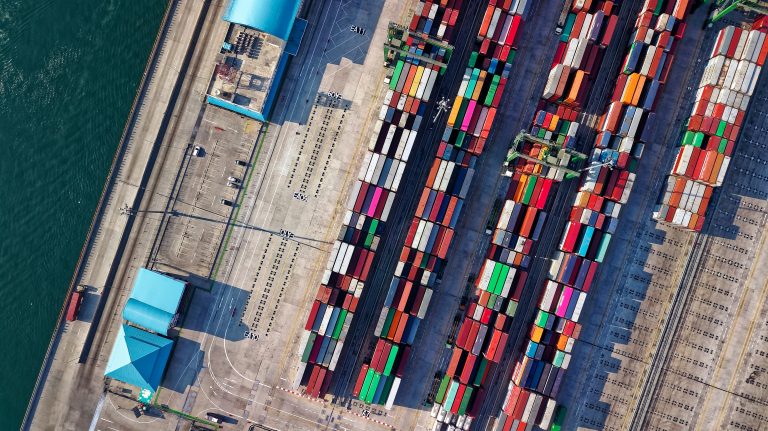Route Optimization and GPS Fleet Tracking: A Strategy for Logistic Excellence
Introduction
In the dynamic field of fleet management, the combination of GPS fleet tracking and route optimization has emerged as a key driver for operational efficiency. This synergy not only streamlines fleet operations but also plays a crucial role in cost reduction and enhanced service delivery.
The Role of GPS Fleet Tracking in Route Optimization
GPS fleet tracking is the backbone of modern route optimization strategies. By providing real-time data on vehicle locations and movements, GPS tracking is indispensable for optimizing routes.
How GPS Tracking Fuels Efficient Routing
GPS technology enables fleet managers to gain a comprehensive view of their fleet’s movements. This visibility is critical for route optimization as it allows for the adjustment of routes based on current vehicle locations and conditions.
Route Optimization: A Critical Component of Fleet Management
Route optimization involves using sophisticated algorithms to determine the most efficient routes for fleet vehicles. It’s about more than just finding the shortest path; it’s about considering various factors like traffic conditions, delivery windows, and vehicle capacity.
The Impact of Route Optimization
- Reduced Operational Costs: Optimizing routes helps in significantly lowering fuel consumption and reducing wear and tear on vehicles.
- Enhanced Productivity: Efficient routes mean less time on the road, leading to more deliveries or service calls in a day.
- Improved Customer Satisfaction: Timely deliveries and efficient service are direct outcomes of optimized routing, leading to higher customer satisfaction.
Integrating GPS Tracking with Route Optimization Tools
The integration of GPS fleet tracking with route optimization tools creates a system that is greater than the sum of its parts. This integration allows for dynamic routing, taking into account real-time traffic updates and other situational factors.
Benefits of Integrated Systems
- Dynamic Re-Routing: Changes in traffic patterns or unexpected delays can be quickly addressed, with routes being adjusted in real time.
- Enhanced Data Analysis: GPS tracking provides a wealth of data that can be analyzed for long-term route optimization.
- Customization and Flexibility: Different fleets have different needs, and an integrated system allows for tailored routing strategies.
Overcoming Challenges in GPS Fleet Tracking and Route Optimization
While the benefits are clear, integrating GPS tracking with route optimization is not without its challenges. Issues such as data privacy, initial setup costs, and staff training need to be addressed. However, with strategic planning and the right tools, these challenges can be overcome.
The Future of Route Optimization in Fleet Management
The future of fleet management looks promising with advancements in GPS technology and route optimization algorithms. The integration of AI and machine learning is set to offer even more sophisticated routing solutions, further enhancing the efficiency of fleet operations.
Conclusion
The integration of GPS fleet tracking and route optimization is transforming fleet management. This combination is not just a trend; it’s a strategic approach that offers tangible benefits in terms of cost savings, efficiency, and customer satisfaction. For businesses looking to stay competitive in logistics and transportation, embracing this synergy is no longer an option but a necessity.
Contact Us
For fleet managers and business owners, now is the time to invest in GPS fleet tracking and route optimization technologies. Embracing these tools will not only enhance your operational efficiency but also position your business for future success in a rapidly evolving industry. Contact us today at 1-877-271-3572.






